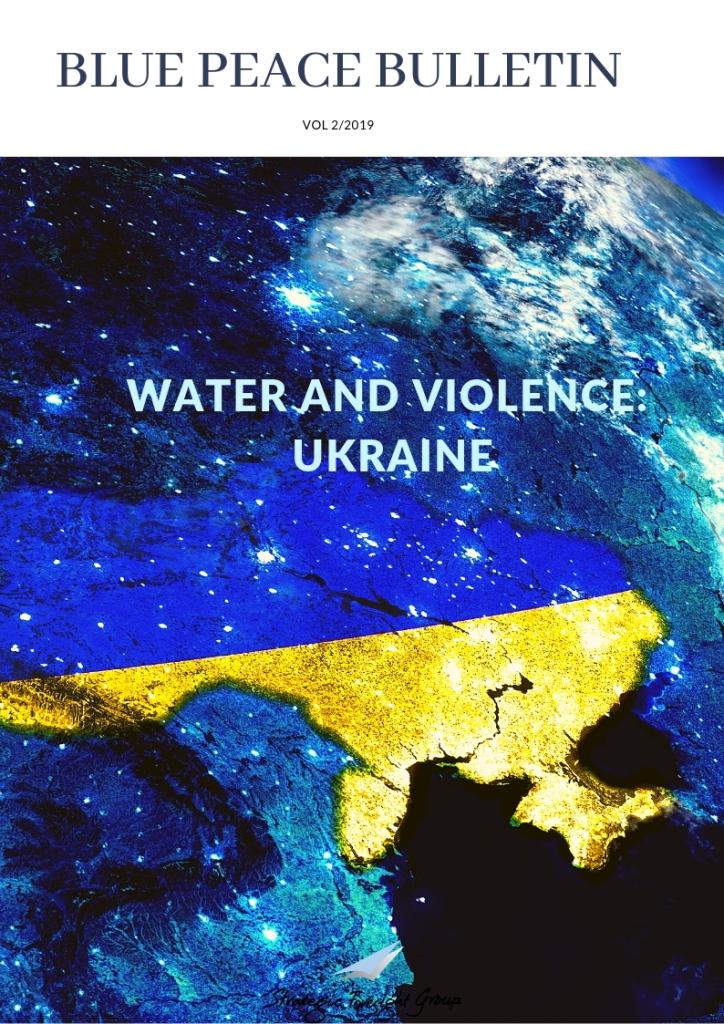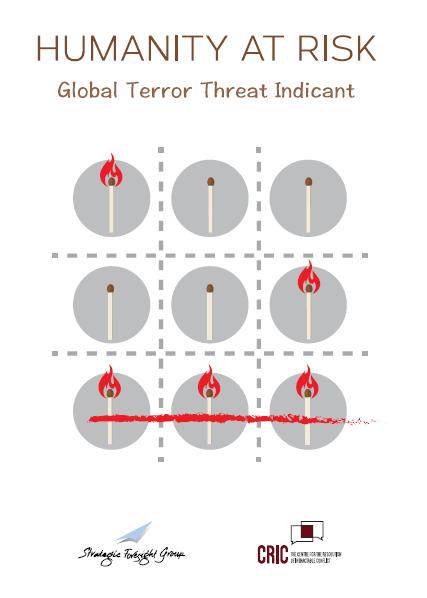Recognizing Israel as a Jewish democratic state: Religious politics in the Middle East
|
|
November, 2010
By Gitanjali Bakshi
|
Recognition of Israel as a Jewish state has become the most recent obstacle to the ongoing Israeli-Palestinian peace process. After weeks of negotiations about an extension on a settlement freeze in the West Bank, Israeli Prime Minister Benjamin Netanyahu made an offer: a two month extension freeze in return for open recognition from the Palestinian Authority that Israel is a Jewish democratic state. The request was refused immediately by Palestinian President Mahmoud Abbas and proved to be the proverbial last straw on the camel�€™s back. As a result, US President Obama�€™s attempt to resume active bimonthly peace negotiations has fallen into obscurity, and with it, hopes for a two-state solution.
To the outsider, the immediate Palestinian rejection may come as quite a shock. The Americans were definitely not prepared for such an instant rebuff after engaging in weeks of brainstorming sessions to overcome the deadlock. But, in all fairness, this is not the first time that Israel has used the �€˜recognition�€™ card during a deadlock in negotiations, and this is not the first time that it has been rejected either. It is, however, a fairly new development in the Israeli-Palestinian peace process�€”the precondition was never mentioned before 2004, including the Wye River memorandum where Netanyahu himself handled the delegation, according to former Palestinian Foreign Minister Nabil Shaath. So why has recognition of Israel as a Jewish state suddenly taken such a central role in the peace process?
Compared to issues like settlements, security and borders, recognition of Israel as a Jewish state seems much less concrete. Why does it hold so much weight for Palestinians? From their reaction it seems to be worth jeopardizing an extended settlement freeze and even a potential two-state solution in the future. This question remains largely unanswered: it is poorly addressed at best and gives rise to certain doubts, namely, doubts regarding the past, present and future implications involved in recognizing Israel as a Jewish state?
But first, why has this request become so important in Israel�€™s agenda for peace with the Palestinians? For all intents and purposes Israel is already a state formed on the basis of its Jewish identity. It has been referred to as the homeland of the Jews by President Obama on several occasions. However, Israel has never sought acceptance for its religious character from larger regional players like Egypt and Jordan. So why should it matter what the Palestinians believe?
Several analysts and political commentators have said that Israel�€™s request to be recognized as a Jewish state is just a strategic maneuver designed to avoid harder hitting issues like borders and Jerusalem, but there is a more important reason that lies behind this wish, and that is Israel�€™s demographic crisis. Palestinians have higher fertility rates than Israelis�€”in 2008 an average of 5.4 and 4.2 children were born to Palestinian women in the Gaza Strip and West Bank respectively, as opposed to 2.9 children to women in Israel. In addition, Israeli Muslims, currently constituting roughly 14% of the total population, had a growth rate of 2.6% in 2008, as opposed to a growth rate of 1.7% for the Jewish population. This concern has been a central driver for Israel�€™s acceptance of a future two-state solution, and it could very well prove to be one of the drivers behind Israel�€™s request for recognition as a Jewish state. In another 20 years or so it is likely that Jews will find themselves the religious minority in the Israeli-Palestinian conflict, especially if we count the Palestinian refugee population in other Arab countries. The demographic crisis is a relatively new concern that has emerged in Israel and so this theory addresses Mr. Shaath�€™s question well.
Of course there are certain more obvious reasons why President Mahmoud Abbas cannot accede to such a request. One of the major obstacles lies in the fact that accepting Israel as a Jewish state would dissolve the importance of the Naqba (Day of Catastrophe). According to the Palestinian side, Israel gained the territory by force in 1948; therefore, acknowledging Israel�€™s existence as a Jewish state, according to chief negotiator Saeb Erekat, is like accepting that Israelis did not drive Palestinians out of their homes and villages. The Naqba holds a great deal of historical significance, not just for Palestinians but for the entire Arab world, and Abbas�€™ resistance is based on this sentiment. However, these are issues of the past. Is it worth sacrificing the future over this, or even the present negotiations for that matter?
One of the present concerns is that there is a difference between acknowledging Israel and recognizing it as a Jewish state. The religious and ethnic significance of the statement may have severe repercussions for the 1.4 million Arabs living in Israel. Already we can see certain threats emerging from this attitude of popular politics. On 10 October, the Israeli cabinet put forward a law to propound an oath of allegiance to Israel. If passed in the Knesset, the law will make it mandatory for all new non-Jewish citizens to acknowledge Israel as a Jewish democratic state. Originally passed by Foreign Minister Lieberman, the law has made several members of the Labor Party uneasy and has always been feared amongst the more liberal aspects of Israeli society as conservative and a little hostile to outsiders. It seems unlikely that President Abbas would willingly endorse such a law for a mere two month freeze on settlement building.
As for the future implications of recognizing Israel as a Jewish state, the main concern is the Palestinian refugees right to return. Palestinians risk falling on weaker ground in the future when it comes to arguing this final status issue since Israel might not recognize the Palestinian Muslims claim to territory in a �€˜Jewish�€™ state. In any case, the refugees�€™ right to return is already a hotly contested issue between both sides and will perhaps prove to be even more difficult to resolve than the debate over Jerusalem.
Israel isn�€™t the first democracy to request laws that solidify its religious character. In fact Muslim countries like Pakistan and Indonesia have similar laws and according to a Gallup Poll conducted in 2007, 90% of those polled in the Palestinian territories believed that Sharia law must form some part of government legislation. We see a rise in religious parties in the political make-up on both sides. The conservative Shas party forms a sizeable and influential part of the current government in Israel. Hamas, an offshoot of the religious Egyptian political party, the Muslim Brotherhood, has also gained popular support in the Palestinian territories since 2006.
A proposal: What if Palestinians agree to recognize Israel as a �€˜Jewish democracy�€™ as long as Israelis agree in return that the new Palestinian state will be a �€˜Muslim democracy�€™ in which Israeli settlers will be welcome to reside as long as they acknowledge the same?�€”a Jewish democracy, then later, a Muslim democracy beside it. It seems like a tricky deal but a fair trade-off considering that time is running out. Would Israel accept this condition?
Frankly, this idea differs radically from the democracies of the past. A religious democracy�€”side by side the two words seem to be an oxymoron. One of the central tenets of democracy is the freedom of religion. When India was founded as a democratic nation, as with America, there was a strong emphasis on secularism, even though these states�€™ exact definitions of secularism differed. No doubt, politics and religion form an explosive mix, especially when combined with feelings of hostility and conflict.
Yet, with regard to the Middle East, religion is likely to become a central feature of the democracies in the future. Religious politics have played an important role in Middle East conflicts in the past�€”at the end of the 20 year civil war in Lebanon, the Taif Agreement fashioned national elections according to religious divisions, where an equal number of seats (64 seats) were allotted to Christians and Muslims. Today, religious politics is playing an increasingly important role in the region�€”presenting its dominance in Turkey, Iraq, Israel, OPT and Egypt�€”and it is likely to remain a central feature in the new politics of the Middle East as well. The Israeli demand to be recognized as a Jewish state is yet another manifestation of this peculiar phenomenon and it will continue to play a role in the ongoing peace process.
Related Publications
Related latest News
Related Conferences Reports
-

P5 Experts Roundtable on Nuclear Risk Reduction
Download:Geneva Roundtable Report
-

Roundtable on Global Security and Catastrophic Risks
Download:Report on RT revise





